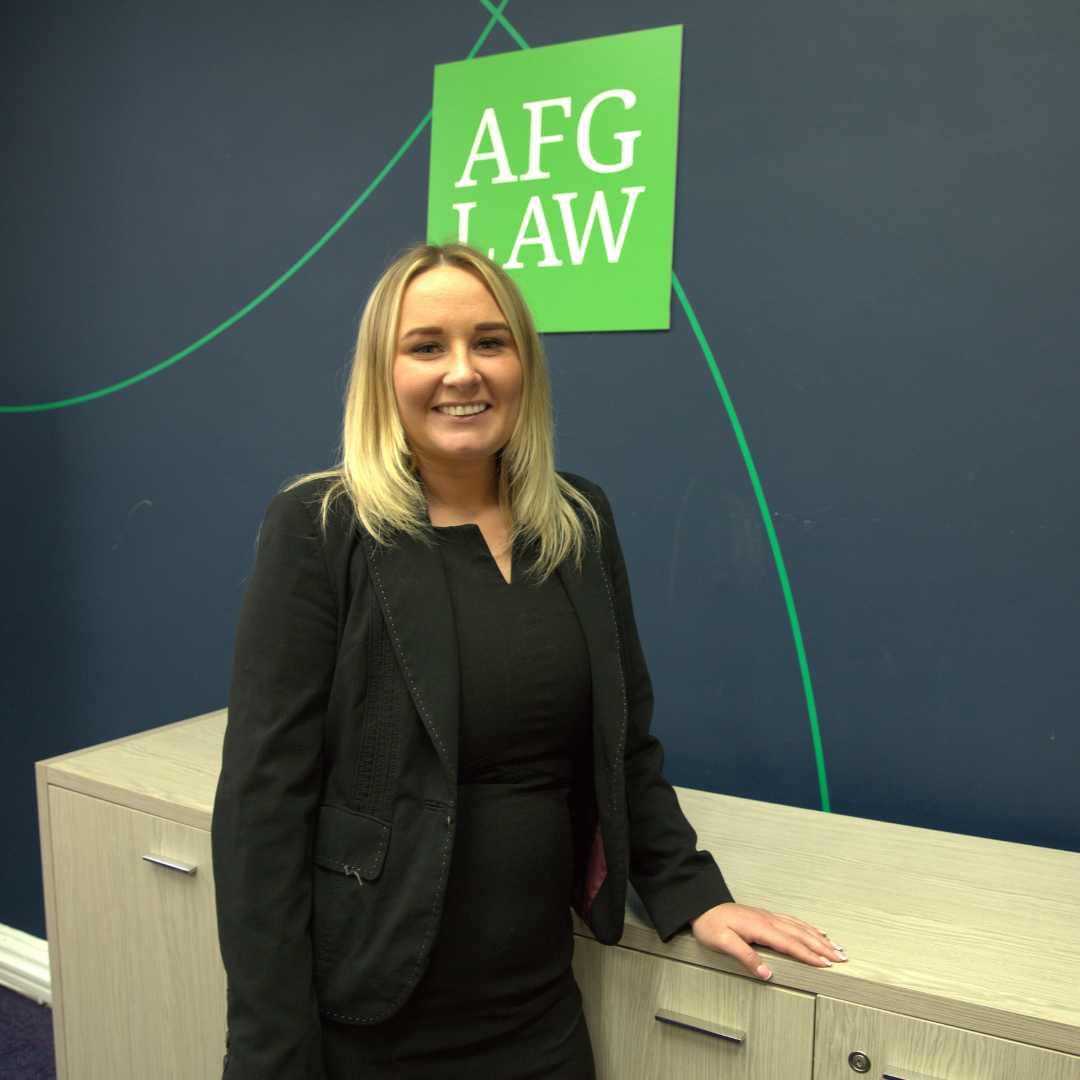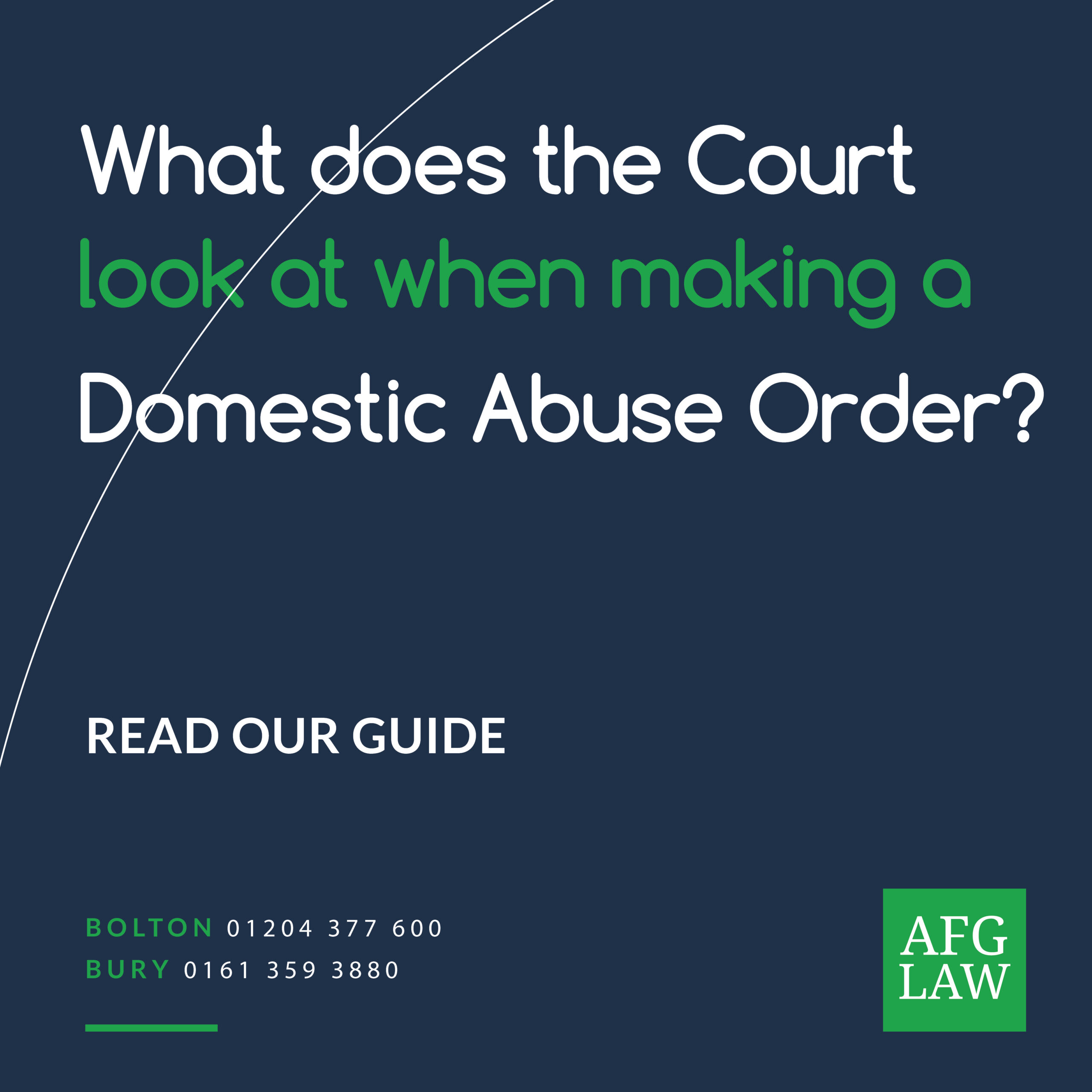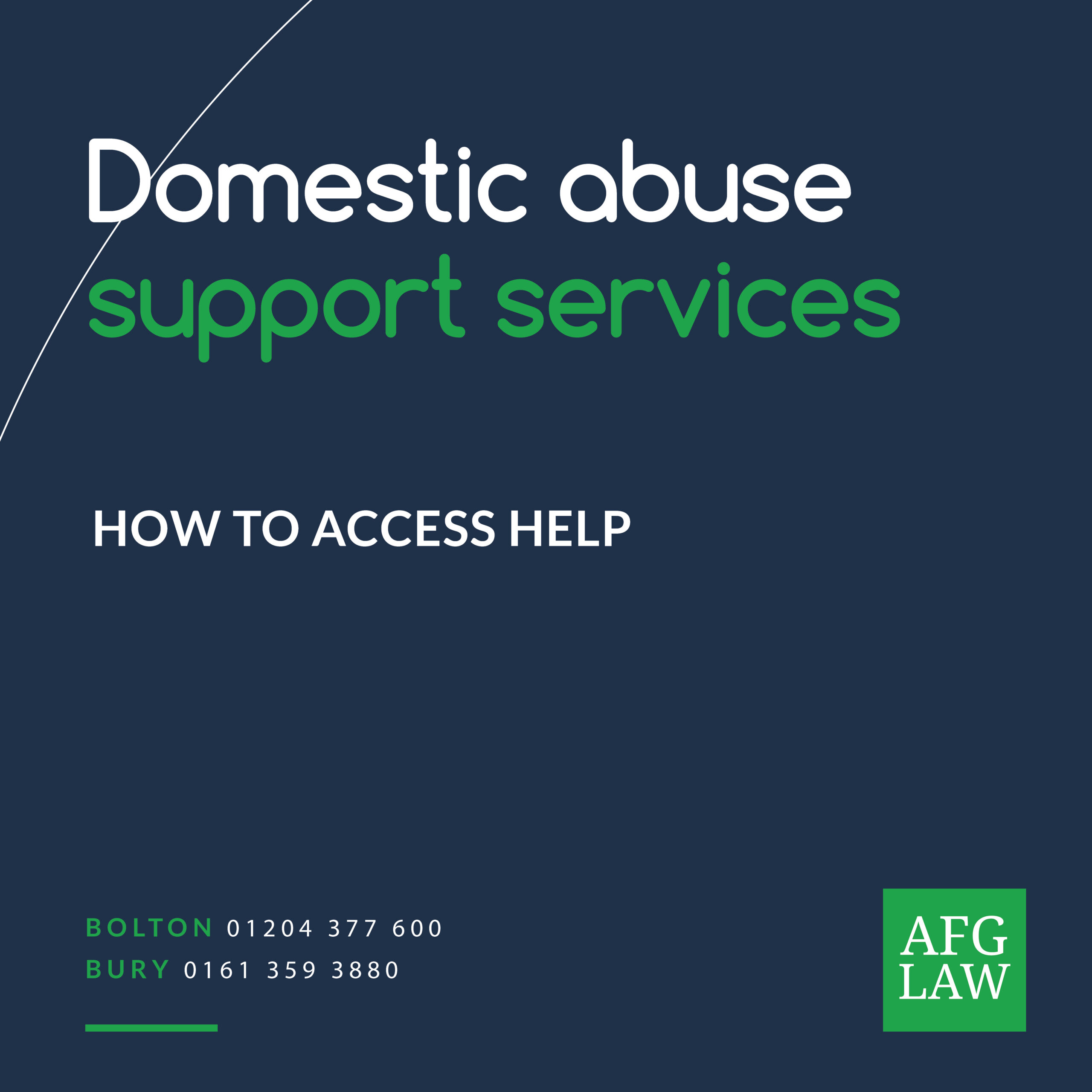Behaviour of a person towards another person is “domestic abuse” if-
- A and B are each aged 16 or over and are personally connected to each other, and
- The behaviour is abusive
Behaviour is “Abusive” if it consists of any of the following-
- Physical or sexual abuse
- Violent or threatening behaviour
- Controlling or coercive behaviour
- Economic abuse
- Psychological, emotional or other abuse
And it does not matter whether the behaviour consists of a single incident or a course of conduct. The behaviour could also be directed at someone else, for example, your child.
Domestic abuse can happen to anyone regardless of age, background, sex, gender, religion, ethnicity or disability. Don’t let any worries you may have about whether you will be believed stop you from getting help.
We understand that you might be worried whether what has happened to you will ‘count’ as domestic abuse so we have tried to give examples of some of the types of behaviour our clients have experienced. You do not have to have experienced all of these behaviours and every situation is different so just because something you have experienced doesn’t fit with the examples below it doesn’t mean that our solicitors won’t listen carefully to you and try to help. Remember this list is not ‘exhaustive’ and these are just examples of the types of situations our clients have faced and we have been able to help them with.
What is Physical Abuse?
This can be any form of abusive physical contact between you and the other person, an example might be hitting, slapping, punching, kicking, burning, pulling or pushing, pining down, grabbing hair, pinching and even throwing objects.
What is Sexual Abuse?
This can be any form of sexual activity that you did not agree to taking part in and can also include being manipulated or coerced into doing something you didn’t want to do. It includes rape, sexual assault and unwanted touching. It can also be taking sexual images without consent, controlling contraception or controlling how someone can protect themselves from disease.
What is violent or threatening behaviour?
This is behaviour that is violent, but might not be physical abuse towards you, or the threat that a person will be violent and do something to you, your family, pets or property. An example might be if a person damages your house or your property; breaks the door in or smashes windows leaving you worried that you might be harmed next or harmed whilst it is going on. It could be a threat that they are going to harm you, a family member or a pet; they may also say they will get another person or a family member to hurt you. Threats to kill, threats to cause criminal damage are some of the types of behaviour from which we have been able to help our clients protect themselves.
What is Controlling or Coercive Behaviour?
Coercive Behaviour is an act or a pattern of acts of assault, threats, humiliation and intimidation or other abuse that is used to harm, punish or frighten a person. Controlling Behaviour is a range of acts designed to make a person subordinate and/or dependant by isolating them from sources of support, exploiting their resources and capacities for personal gain, depriving them of the means needed for independence, resistance and escape and regulating their day to day behaviour. An example might be saying what clothes you can wear, who you can talk to and where you can go.
What is Economic Abuse?
The Domestic Abuse Act 2021 defines “economic abuse” as any behaviour that has a substantial adverse effect on a person’s ability to—
(a)acquire, use or maintain money or other property, or
(b)obtain goods or services.
What is Psychological, Emotional or other Abuse?
Emotional abuse is when a person uses words or actions, that aren’t physical, but result in emotional mistreatment or mental harm. It can include “putting someone down” by telling them they’re stupid, mentally unwell, fat, ugly, a bad parent or rubbish at their job. It can include swearing at someone and using abusive names to make someone upset and decrease their self worth and self esteem. Another example is deliberately trying to scare someone, humiliating a person in front of other people, isolating them from family, friends and colleagues or using silence/ignoring them. It can also include making someone feel unsafe or question an environment they’re in or question something they do in their every day lives, for example, convincing someone that everyone at work thinks badly of them which leads to them feeling anxious and uncomfortable in that environment.
Am I “personally connected”?
All of the above are examples of what might be considered abusive but in order to meet the definition of domestic abuse it is also necessary to show that you are “personally connected” to the person who has been abusive towards you. The Domestic Abuse Act 2021 has defined the following family relationships as counting as being “personally connected”:
Two people are “personally connected” to each other if any of the following applies—
(a)they are, or have been, married to each other;
(b)they are, or have been, civil partners of each other;
(c)they have agreed to marry one another (whether or not the agreement has been terminated);
(d)they have entered into a civil partnership agreement (whether or not the agreement has been terminated);
(e)they are, or have been, in an intimate personal relationship with each other;
(f)they each have, or there has been a time when they each have had, a parental relationship in relation to the same child
(g)they are relatives.
Our solicitors are here to help support you and make sure you are safe. We can help you get clear, quick legal advice so you understand what you can do if you find yourself subjected to domestic abuse. Our family team can help you with a full range of legal services.

















